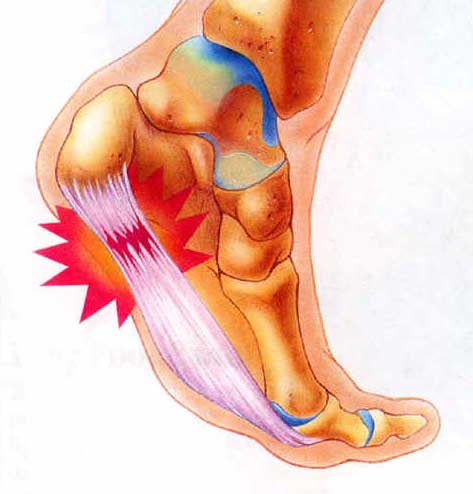I am a physical therapist in Bozeman, MT and feel blessed to be part of such an active, recreationally minded community. I am fortunate to have a steady stream of injured individuals motivated to address their impairments seeking care at APRS. These injuries are often overuse in nature and take the form of a tendinitis. Individuals will often tell me they have this or that type of tendinitis that has nagged at them for years. It is this understanding of their injuries that I would like to address in today’s blog post.
There is a traditional and long-standing view that injuries such as patellar tendonitis, lateral epicondylitis (tennis elbow), Achilles tendinitis, and gluteus medius tendonitis are the result of overuse, leading to microtrauma and chronic inflammation. This understanding of the condition led to physical therapy management focused on controlling inflammation with ice, rest, and anti-inflammatory drugs. There is, however, evolving evidence that these conditions are not inflammatory in nature as the suffix “-itis” would imply. This is particularly true when these conditions are chronic in nature. Recent histological studies have shown a lack of inflammatory markers in affected tissues. Instead, scientists are seeing tendon tissue structures characterized by disorganized and immature collagen fibers and a dense population of fibroblasts. These tendons do not absorb and transmit force as efficiently and often continue to grow is size without resultant increases in strength and load bearing properties.

It is no wonder then that many physical therapists have failed to effectively treat many of the “tendinitis” cases that have presented to their clinics. They have been addressing the issue with an improper understanding of the underlying pathology. To combat this, therapists and the medical community have begun to change the nomenclature and refer to these conditions as a tendinosis. This term implies a chronic, degenerative and non-inflammatory paradigm for overuse tendon injuries. Therapists armed with this knowledge are having greater success in addressing these conditions with resultant improvement in patient outcomes. It is my hope that this trend continues and that fewer people must deal with long term tendon pain.
Please visit us at APRS Physical Therapy if you or others you know are struggling with chronic overuse injuries. It is our passion to restore function and get people back to doing what they love to do!
Dr. Taylor Chadwick is a graduate of both Montana State University (Exercise Science) and the University of Montana (Doctorate in Physical Therapy). He works at our APRS West Clinic and specializes in orthopedics, dry needling, and vestibular rehabilitation.









